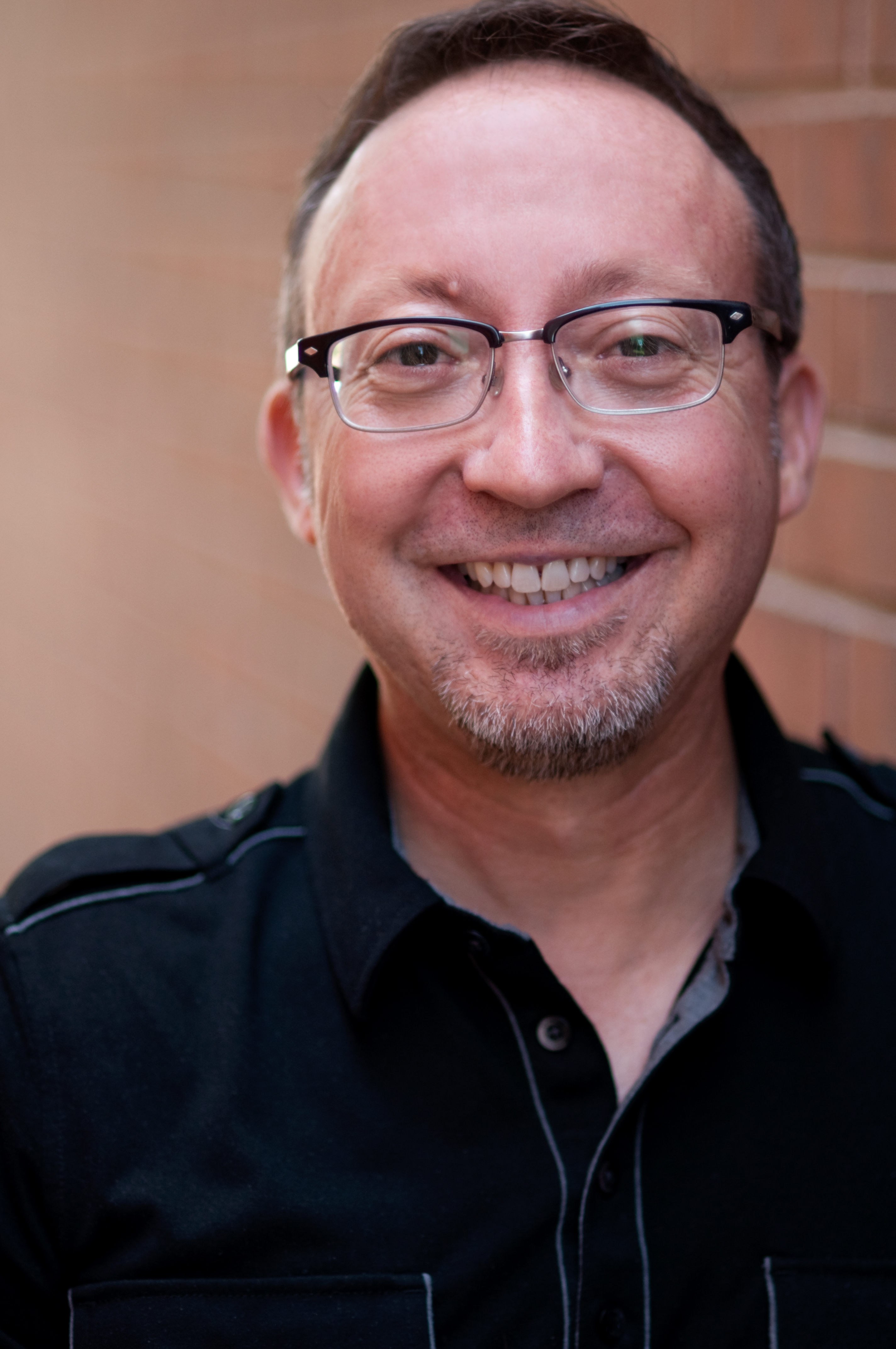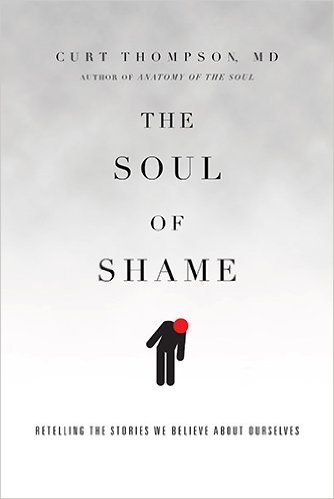I do not consider [shame] to be neutral or benign. This is not merely a felt emotion that eventually morphs into words such as “I’m bad.” … This phenomenon is the primary tool that evil leverages, out of which emerges everything we would call sin…. It is actively, intentionally, at work both within and between individuals. Its goal is to disintegrate any and every system it targets, be that one’s personal story, a family, marriage, friendship, church, school, community, business or political system. Curt Thompson, The Soul of Shame, pg. 22 (bold mine).
The Weapon of Shame
The idea that shame is not neutral, but “the primary tool that evil leverages,” has stayed with me since I read through Curt Thompson’s book. In it he also likens shame to an “emotional weapon.” Now I see it everywhere in our culture. Daily, social media has become a battleground of shame. Each offended party tosses degrading remarks back and forth like hand grenades. People scramble to get their 15 minutes of “shame” on reality television. The news doles out the day’s latest disgraces. And if you’re like me, driving in traffic can be a veritable “shamefest,” letting one another know just how crazy we are as drivers. It’s not surprising then to see that shame really does crumble every system and part of who we are. My days are riddled with it, so Curt’s book has been helpful and convicting.
But what does shame really look like? We have many words which grasp at defining the experience—embarrassment, humiliation, disgrace. But what are some of the components? In The Soul of Shame, the author does some unpacking for us.
The Hallmarks of Shame
Judgement
We can use good judgement or exercise wise discernment, but that’s not what we’re talking about here. This is about condemning ourselves or others. There is a spirit of condescension and arrogance. We foolishly believe that what we think or value is for some reason superior to the thoughts or opinions of others. A voice of critique may be present. “Why would you do ‘fill in the blank’ that way?” Not surprisingly, a lot about a judgmental shaming attitude is non-verbal. No words are even needed—an eye roll, a frustrated sigh, pursed lips or hands thrown in the air. It doesn’t take much to let someone know they are just plain stupid.
Hiding
We know all too well that feeling when shame barrels out of nowhere towards us. We’re flooded with a surge of powerful emotions like fear and anxiety. Our faces flush red, hearts race while our eyes lower and our heads droop. The desire for fight or flight kicks in. We cover our eyes and turn away. Where’s that cloak of invisibility when we need it? We anticipate rejection on the horizon, so we’ll do just about anything to escape and hide from the intensity of our emotions.
Resisting Re-engagement
After experiencing something embarrassing or humiliating, we might go through seasons in which we resist reconnecting. Memories can be painful. We don’t want to face the intensity of our anxiety or the possibility of rejection yet again. The ironic thing is that while we continue to protect ourselves, we do more harm. Self-protection actually reinforces our negative emotions. We feel shame for being detached. Shame gives birth to more shame.
Isolation and disconnection
When judgement, hiding and reinforcing take their toll on us, shame’s mission is completed. We are left feeling alone, cut off and pushed out—the natural consequences of disconnecting. We are separated from God and others. As quoted above, shame’s “goal is to disintegrate any and every system it targets.” No wonder it’s considered a weapon!
A Counter Intuitive Remedy
As we retreat deeper into our self-protective shells after experiencing shame, we are hard pressed to imagine what would remedy the situation. The only solution is to turn towards vulnerability and bring things into the light, as Scripture encourages. Yes, very counterintuitive—this is the very opposite of what our self-preservation is screaming for us to do.
Can you think of a situation that left you feeling exposed? Perhaps it was sharing for the first time about an addiction or an embarrassing behavior. “Coming out” as gay or transgender can also be a scary process, since rejection or acceptance hangs in the balance. Maybe you were caught in the act of doing something bad or shaming. All such experiences of exposure may feel incredibly overwhelming. We need to learn when and how to practice intentional vulnerability. Who are people or environments where we might feel safe enough to begin sharing these hidden parts of our lives? Shame’s remedy must involve bringing difficult things into God’s healing light. Knowing we are loved and valued in Him, we need to experience the oceans of grace Jesus offers. Where Grace Abounds hopes our confidential support group community can be a place to “practice” healthy vulnerability in this process.
For more information on this topic, check out “The Effects of the Vulnerability Cycle in Your Life” a previous blog by counselor, Bess Moro.

Scott Kingry
Program Director
A staff member since June of 1992, Scott is a key player in the WGA discipleship ministry. He plans, organizes, and implements every aspect of the Thursday night support group. In addition to public speaking, counseling group participants and training leaders, Scott maintains personal contact with many group members and it is to Scott’s credit that many group members feel personally welcomed, cared for and loved.
Although he holds a degree in graphic arts, he attributes his ministry qualifications to the “school of hard knocks.” God’s abundant grace continues to be the instrument of growth in his life, and he desires to be firmly grounded in the forgiveness and freedom of relationship with Jesus Christ.
Scott attends a Presbyterian Church.
Make a Difference in Someone's Life
If you enjoy reading WGA’s blogs and would like to show your support, please consider making a donation. Where Grace Abounds is a 501(c)3 non-profit organization. The majority of services, including support groups and discipleship counseling, are provided free of charge. Your financial gifts help to cover the costs associated with offering a free program to those who seek WGA’s services.


I am a Christian, I have been a Christian for thirty years. For the last five years, I have struggled with my mental health. Deep depression is a desperate, isolating, dark place but shame is every bit as harrowing.
To ‘medicate’ the pain of crushing distress and a mind that could not get to grips with God’s love, I turned to pornography and unfaithfulness in my relationship.
I had gone from one form of isolation which I could not help, to another which was now ‘all my fault’.
I could not bear the words love or grace because I hated myself to death. I would have died if God had not held on to me with what I shall describe as a tiny thin thread, which I could not see, but which was stronger than the strongest silk.
He brought me into recovery from addictive sexual sin and the slow process of coming out of shame and into the light of grace began.
For years, I could not sing the hymns and songs at church because the sentiment in them reinforced my shame, which blinded me to the whole teaching of salvation by grace alone. I could not see love anywhere, so deep it felt.
Shame is everything mentioned in the blog above. The counter intuitive remedy is right. I needed to acknowledge my utter powerlessness and a life that was totally unmanageable before I could start to come into the light. Shame hurt but I feared coming out of it more. Somehow I felt in control with the shame I felt , whereas coming into the light, I felt desperately vulnerable. I needed a safe place to do that.
For me, that was an addiction recovery programme. My faith began to combine with that programme to help me feel safe to ask God for his grace and mercy and to recognise his love had never stopped.
I could never have sung a hymn like this, without having a place of safety in which I could become vulnerable to all my deeds being exposed.
From the depths of shame and sorrow,
from my guilt and my despair,
Lord, I cry to you for mercy-
be attentive to my prayer.
All my joy is in your presence,
all my hope is in your word;
more than watchmen wait for morning
waits my soul for you, O Lord!
Thank you for sharing with us you’re healing process overcoming the shame in your life. I’m grateful the Lord has given you safe environments in which you can feel safe and live transparently, flaws and all! We all need places like that!